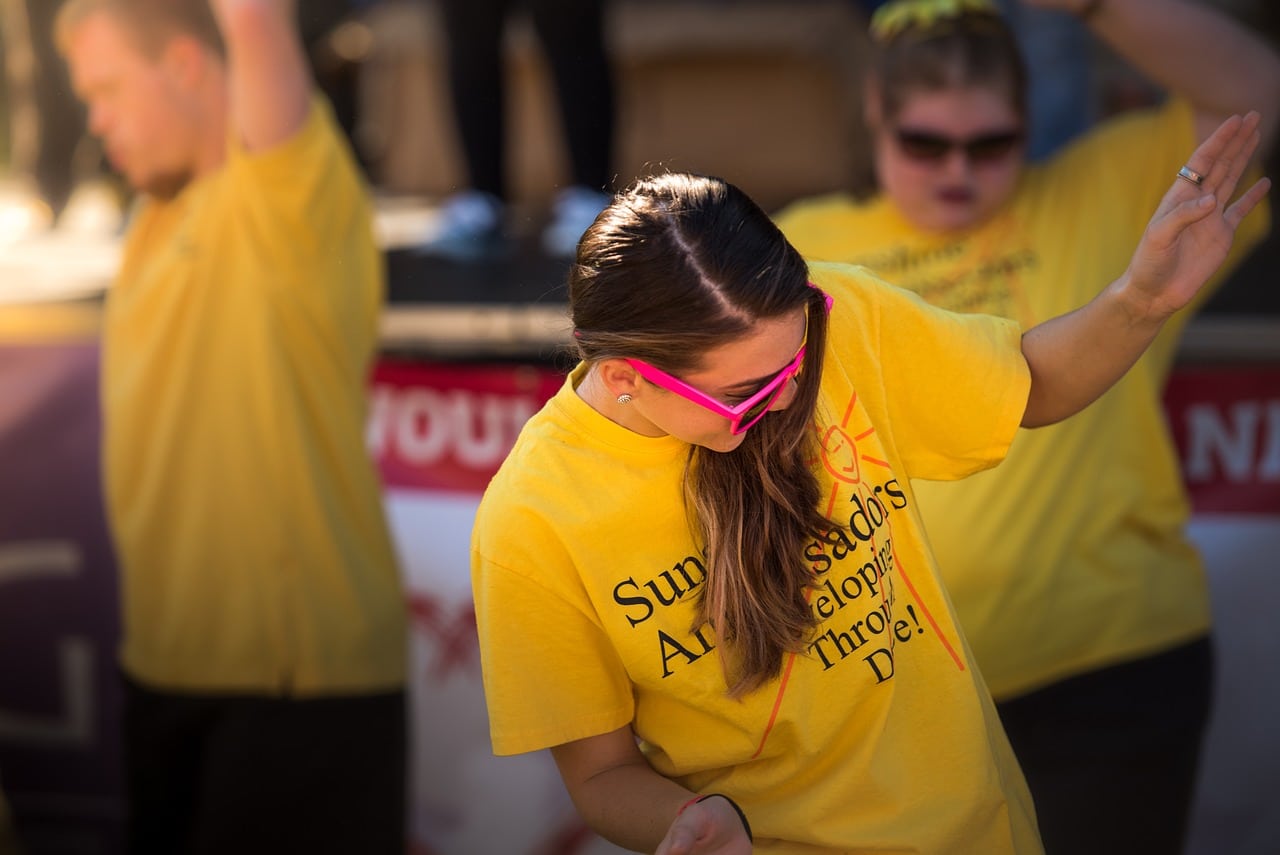The psychology of sports-related nostalgia and its impact on fan loyalty.

The mighty roar of the crowd, the electric atmosphere, the sheer joy that comes with the winning goal – any true sports fan will tell you: there’s nothing quite like it. Across the globe, sports, whether it’s football, basketball, cricket, or athletics, unites us in a way few other things can. But what really underpins this universal appeal of sports? What keeps us coming back, season after season, year after year? The answer, according to a growing body of research, lies in nostalgia.
The Power of Nostalgia in Sports
Nostalgia, that sentimental longing for the past, has long been recognised as a potent force in human psychology. In recent years, scholars have begun to examine the role of nostalgia in sports and its impact on fan loyalty.
Lire également : How do athletes use their platform for social and environmental advocacy?
Our emotional connection to a sport is often fostered in childhood. Maybe it was the first football match you attended with your dad, the thrill of a home team victory, or the camaraderie of a shared game with friends. These experiences don’t just create fond memories; they establish a deep-rooted bond between fans, their teams, and the sport itself.
In a journal article published by CrossRef, researchers found that sports-related nostalgia significantly influences fan behavior. This nostalgia, in the form of cherished memories and experiences, shapes how fans engage with their teams on social media, purchase merchandise, and even attend games.
A lire aussi : The impact of sports on the preservation of indigenous languages.
The Influence of Nostalgia on Fan Loyalty
Loyalty in sports is much more than just a simple admiration for a team; it’s a complex social construct profoundly influenced by nostalgia. Fans don’t just support a team; they identify with it. This sense of identity comes from shared experiences, emotional bonds, and a collective memory that connects them to the team.
In a world increasingly dominated by digital media, sports marketing strategies have seen a shift towards leveraging this nostalgia to increase fan loyalty. A Google Scholar search for "sports nostalgia" yields thousands of articles examining this phenomenon. Teams now regularly throwback to retro team kits, commemorative events celebrating past victories, and re-broadcast classic matches to evoke sentiments of nostalgia among fans.
This nostalgic marketing not only creates a longing for the past but also deepens the emotional ties between fans and their teams, thereby encouraging continued support and consumption of team-related media and merchandise.
Nostalgia and Social Media in Sports
The rise of social media has dramatically transformed how fans engage with their sports teams. No longer just passive viewers, fans are now active participants, bonded by shared experiences and memories of their beloved teams.
Sports teams have swiftly recognized the potential of social media for nostalgia-based marketing. From sharing throwback photos, hosting Q&A sessions with former players, to re-living iconic matches, teams use these platforms to recreate moments of past glory and evoke a sense of nostalgia among fans.
Moreover, fans themselves use social media to share their nostalgic feelings, reminisce about memorable games, and connect with other fans. This online interaction creates an online community of fans, reinforcing their shared identity and loyalty towards the team.
The Role of Brands in Sports Nostalgia
Brands linked with sports teams play a significant role in fan nostalgia. They help shape the narrative of teams, contribute to the shared experiences of fans, and serve as reminders of iconic moments in the team’s history.
Many brands are tapping into this nostalgia to boost their marketing efforts. They’re collaborating with teams to release retro merchandise, highlight past achievements, or recreate iconic advertising campaigns. This not only helps in enhancing the brand’s visibility but also strengthens the emotional bond between the fans and the team.
A fan’s relationship with a sports team isn’t merely about the present team’s performance; it’s a complex interplay of shared experiences, emotional bonds, and nostalgia. Brands that understand and tap into this nostalgia stand a better chance of securing the loyalty and affection of fans.
Nostalgia as a Leisure Activity in Sports
Sports is not just a competitive activity; it’s a leisure activity that allows fans to reminisce about the past. Whether it’s watching a classic match, trading retro football cards, or wearing vintage team jerseys, these activities provide a sense of comfort and connection to the past.
For many fans, this leisure activity is a form of escapism, a way to relive the glory days, experience feelings of joy, excitement, and camaraderie, and momentarily escape the realities of the present. This is particularly true in challenging times when the comfort of nostalgia can provide a much-needed respite.
Sports-related nostalgia as a leisure activity not only serves as a form of entertainment but also strengthens the bond between fans and their teams. It’s a testament to the enduring power of sports and the complex tapestry of emotions it elicits among its fans.
The Intersection of Nostalgia, Loyalty and Marketing
Retro marketing today is not just about creating a longing for the past, but also about deepening the emotional ties between fans and their teams. When fans identify with a team, they are not just supporting the players but are also engaging with the collective memory and shared experiences that connect them to the team. The role of nostalgia here is pivotal as it helps to reinforce this identification, leading to an increase in fan loyalty.
According to a study published on CrossRef Google, sports-related nostalgia plays a significant role in shaping fan behavior. Fans do not merely consume sports-related content; they engage with it. They share their experiences on social media, participate in discussions, and even purchase team-related merchandise. Teams are increasingly realizing the potential of this involvement and are leveraging it to boost their marketing efforts.
For instance, teams often throwback to retro team kits or re-broadcast classic matches to evoke nostalgic feelings among fans. This approach not only keeps the fans engaged but also encourages their continued support and consumption of team-related media. Brands linked with sports teams, too, are tapping into this nostalgia. They collaborate with teams to release retro merchandise or recreate iconic advertising campaigns. This not only enhances the brand’s visibility but also strengthens the emotional bond between the fans and the team.
Thus, brands that understand and tap into this nostalgia stand a better chance of securing the loyalty and affection of fans. They contribute to the shared experiences and memories of fans and serve as reminders of iconic moments in the team’s history.
Conclusion: The Enduring Power of Sports-Related Nostalgia
The role of sports-related nostalgia extends well beyond the realm of spectatorship. It’s more than just reliving the thrill of the FIFA Cup victory or the excitement of the NHL Winter. It’s about the collective reminiscing of shared experiences, the emotional bonds formed, and the deep sense of identity that fans develop towards their teams.
Indeed, sports-related nostalgia is a powerful force that profoundly influences fan behavior, from social media engagement to purchase intention, shaping how fans interact with their teams and with each other. This understanding has led to a shift in sports marketing strategies, with a growing focus on nostalgia to foster fan loyalty.
Moreover, the role of nostalgia in sports is not restricted to the digital space. It’s also a leisure activity that allows fans to connect with the past. Whether it’s trading retro football cards, wearing vintage team jerseys or reliving classic matches, these activities provide a sense of comfort, a connection to the past, and a way to escape the realities of the present.
In the end, the power of sports-related nostalgia lies in its ability to create shared experiences, foster emotional bonds, and build a sense of collective identity among fans. As sports continue to evolve, the role of nostalgia in shaping fan behavior and influencing marketing strategies is only set to grow. This reflects the enduring appeal of sports and the complex tapestry of emotions it elicits among its fans. It’s a testament to the fact that the relationship between fans and their teams is not just about the present team’s performance, but a complex interplay of shared experiences, emotional bonds, and nostalgia.
